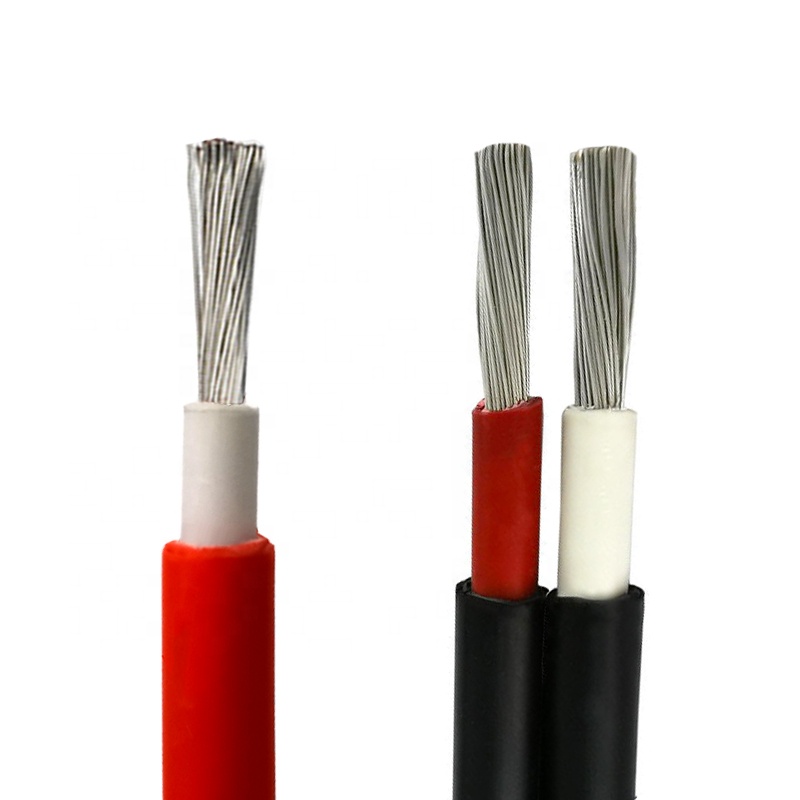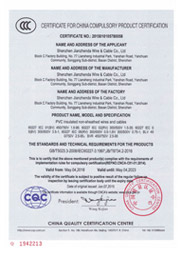 Author: Joey Wan
Author: Joey Wan  August 22,2022
August 22,2022
Single core cable means that there is only one conductor in one insulation layer. A multi-core cable is a cable with more than one insulated core. In terms of insulation performance, both single-core and multi-core cables need to meet national standards.

The difference between a multi-core cable and a single-core cable is that the two ends of the single-core cable are directly grounded, and the metal shielding layer of the cable may also generate a circulating current, resulting in loss;
The sum of the currents flowing through the three cores is zero, and there is essentially no induced voltage across the cable's metal shield.
In terms of circuit capacity, single-core and multi-core cables, with the same cross-section, the rated current carrying capacity of single-core cables is greater than that of three-core cables; the heat dissipation performance of single-core cables is greater than that of multi-core cables, under the same load or short circuit.
In terms of cable laying, the laying of multi-core cables is simpler and more convenient, and the cables have inner layers and multi-layer double-layer protection.

From the installation of the cable head, the single-core cable head is easier to install and easy to split. In terms of price, the unit price of multi-core cables is slightly higher than that of single-core cables.
